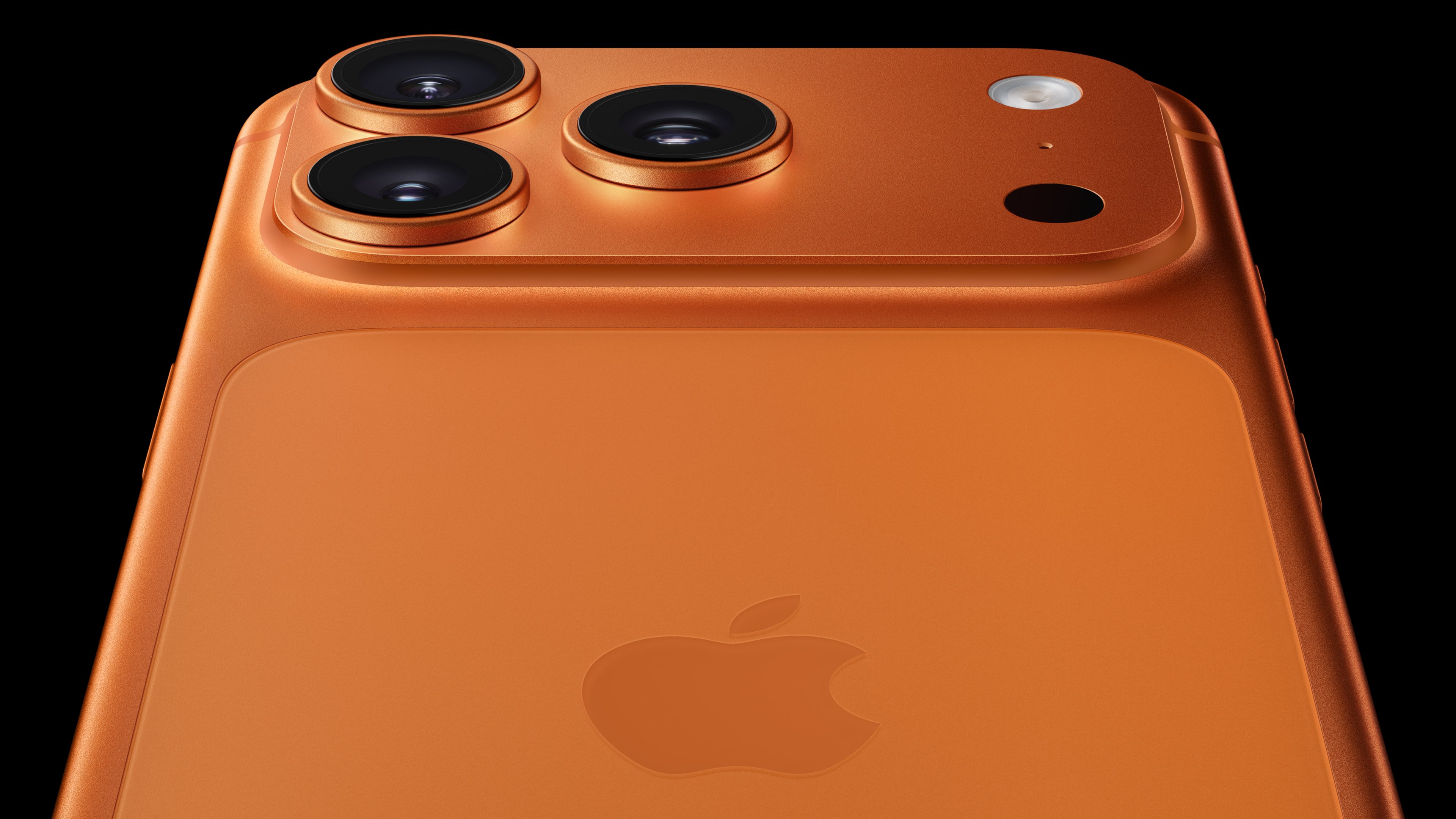Investors dumped shares of Apple, (AAPL +0.04%) on Tuesday after the company's iPhone sales and March quarter guidance missed expectations. Among a collection of more than two dozen professional analysts, the average December quarter iPhone sales estimate was 54.1 million, yet Apple sold only 51 million iPhones.

The new iPhone 5s was not enough to drive strong growth in iPhone sales last quarter. Photo: Apple.
The changes
Based on comments made by Apple CEO Tim Cook, it appears that recent changes in upgrade eligibility by Verizon (NYSE: VZ) and AT&T (NYSE: T) caused U.S. iPhone sales to drop last quarter. This was the major culprit in holding back worldwide iPhone sales growth. If that's true, it bodes well for a pickup in demand later this year, when more Verizon and AT&T customers will become eligible for subsidized upgrades.
Until recently, Verizon and AT&T allowed smartphone users to upgrade "early." The standard smartphone contract had a two-year term, but subscribers became eligible for upgrades after only 20 months. In April, Verizon announced that it would push back upgrade eligibility to the 24-month mark starting with contracts ending in January 2014. In June, AT&T announced a similar change, affecting customers with contracts ending in March, 2014 and thereafter.
To understand the impact of this change, consider the impact on Verizon customers. If you bought an iPhone 4 in February 2011 (the first month it was available at Verizon), you became eligible for an upgrade after 20 months, in October 2012. At that point, you could have upgraded to the recently released iPhone 5.
On the other hand, if you bought an iPhone 4S through Verizon in February 2012, you won't be eligible for an upgrade until next month because of the new two-year waiting period. In fact, due to the timing of this change, nobody became eligible for an upgrade at Verizon from September to December! If your contract expired in December, you could have upgraded as early as August -- but if your contract expired in January, you had to wait until the following January for your next phone.
Smartphone sales drop... for now
This policy change had a clear dampening effect on smartphone upgrades at Verizon last quarter. Whereas 9% of Verizon's postpaid customers upgraded in Q4 2012, only 7.4% did so in Q4 2013. This caused smartphone activations to decline year over year from 9.8 million to 8.8 million.

Verizon is making customers wait a full 24 months to upgrade their phones.
By contrast, in Q3, Verizon was still growing smartphone sales at a double-digit rate -- from 6.8 million to 7.6 million -- despite feeling the initial impact of the upgrade changes. In Q2, before the upgrade policy changes went into effect, smartphone activations grew more than 25% year over year.
Fortunately, Verizon customers have started to become eligible for upgrades again this month. As a result, I expect Verizon's smartphone sales to return to growth this quarter. With Apple maintaining a very high market share in the U.S, this should also imply a return to iPhone sales growth at Verizon.
The story at AT&T
The upgrade change at AT&T also had a big impact on Apple's U.S. iPhone sales last quarter. This was accentuated by the very high proportion of iPhone users at AT&T. AT&T changed its upgrade policy a little later than Verizon, so the "gap" where no users are becoming eligible for upgrades runs from November to February.

AT&T's smartphone sales plummeted last quarter.
This also had a big impact on Q4 smartphone sales. After selling a record 10.2 million smartphones in Q4 2012 -- of which 8.6 million were iPhones -- AT&T sold just 7.9 million smartphones in total last quarter. The delayed upgrade eligibility will continue to hold back AT&T's smartphone sales this quarter, but should dissipate in March.
Foolish bottom line
Apple's strong market share in the U.S. (and particularly at AT&T) makes it vulnerable to shifts in buying patterns at home. The changes in upgrade eligibility at Verizon and AT&T caused just such a shift.
Very few smartphone users became eligible for upgrades during the October-December period. As a result, both carriers saw a big drop in upgrades last quarter. Many iPhone sales in the U.S. were either pulled forward into the September quarter (when Apple had very strong first-week sales of the iPhone 5s and iPhone 5c) or were pushed back into 2014.
However, by March, a steady of stream of Verizon and AT&T customers will become upgrade-eligible every month. This should help Apple's U.S. iPhone sales bounce back later this year.






